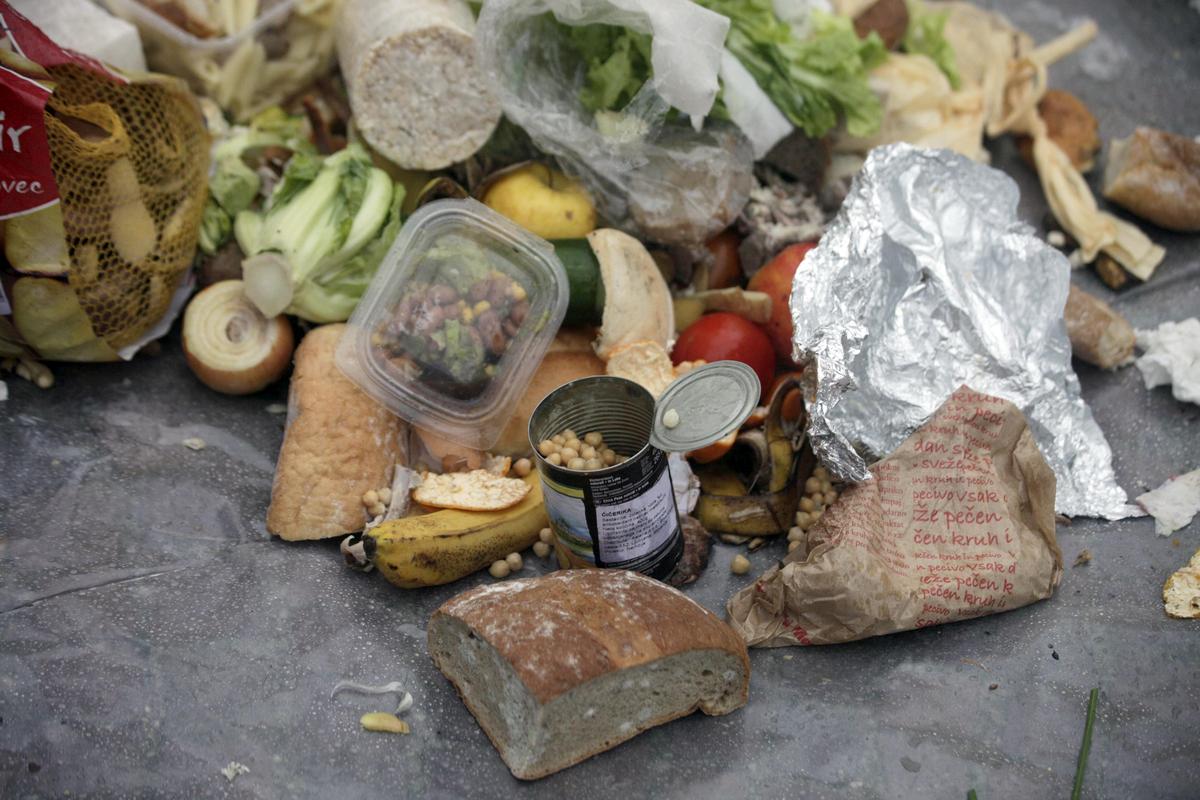
The share of organic waste in Slovenia is increasing. In 2009, almost 50,000 metric tons of waste was collected in brown containers, but this number increased to 115,000 tons last year. Plastic is often found amid organic waste because some people discard vegetable and fruit peels in plastic bags. Of all the household waste, about a third is biodegradable. This waste can be deposited into brown containers in papers bags, or any other biodegradable packaging, according to the waste management company Snaga of Ljubljana. However, environmentalists say that the best approach is to scatter such waste out of plastic bags.
“Biodegradable bags for organic waste are unnecessary. […] Organic waste can simply be placed into a trash can in the kitchen and then scattered into an organic waste container every day, or once every two or three days, depending on the specific setup,” says Urša Zgojnik from the association Ecologists Without Borders.
Biodegradable bags are often removed during processing because the machines can’t tell them apart from plastic bags. “The only exceptions happen in particularly good conditions, when the biodegradable bag decomposes beforehand,” explains Igor Petek from Snaga.
The Ljubljana-based company collects 27,000 metric tons of organic waste each year and turns in into compost. Petek estimates that about four percent of this amount in eliminated as plastic bags. These tend to be damaged and dirty, which makes them unsuitable for recycling. They end up in incinerators.
Klementina Mikolič, TV Slovenija; translated by J. B.

































































